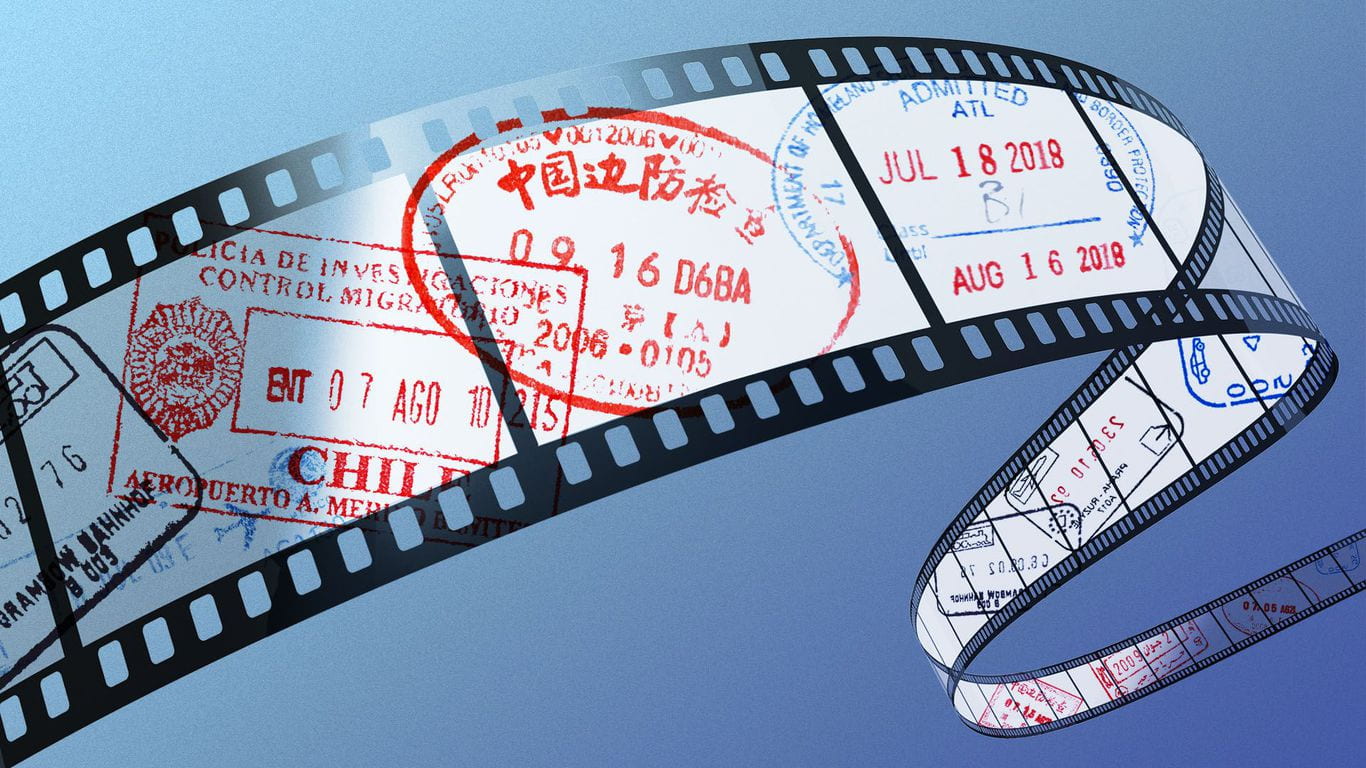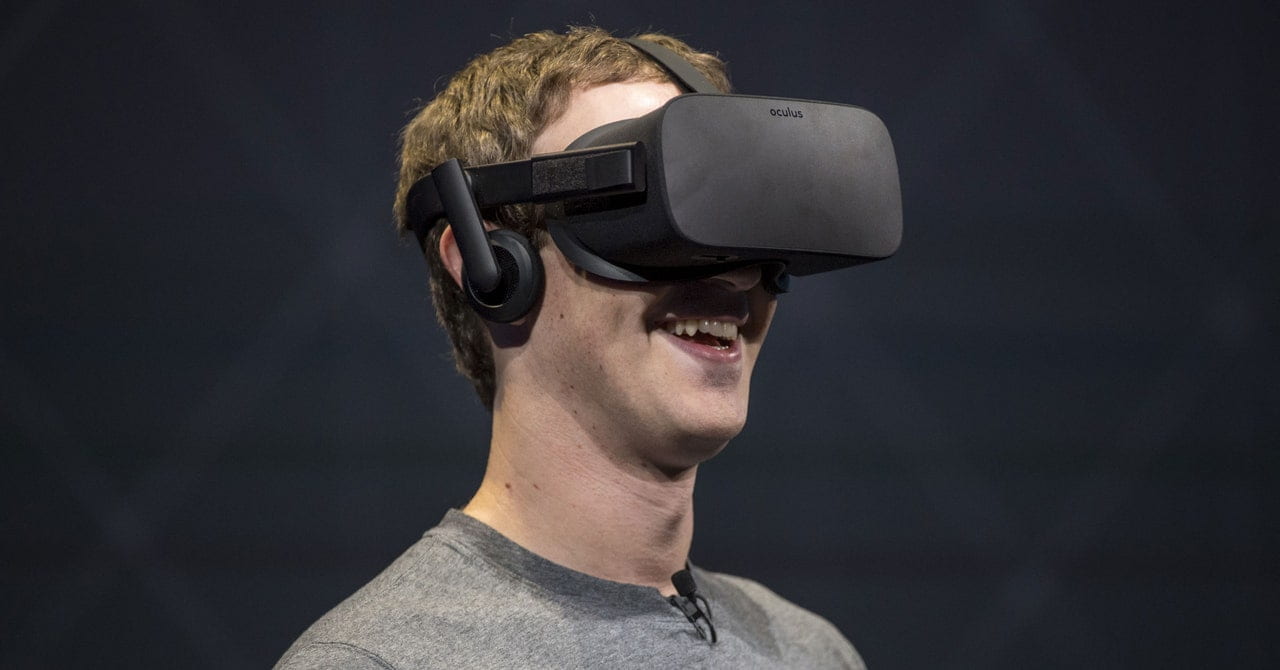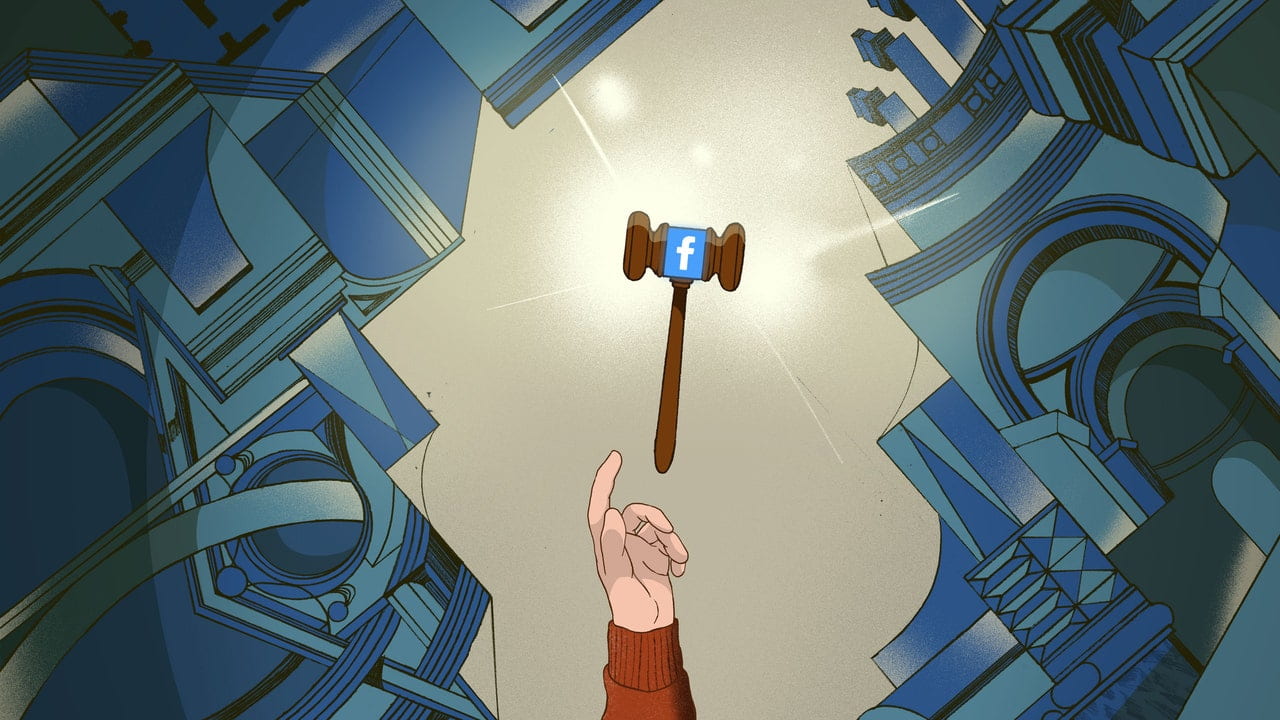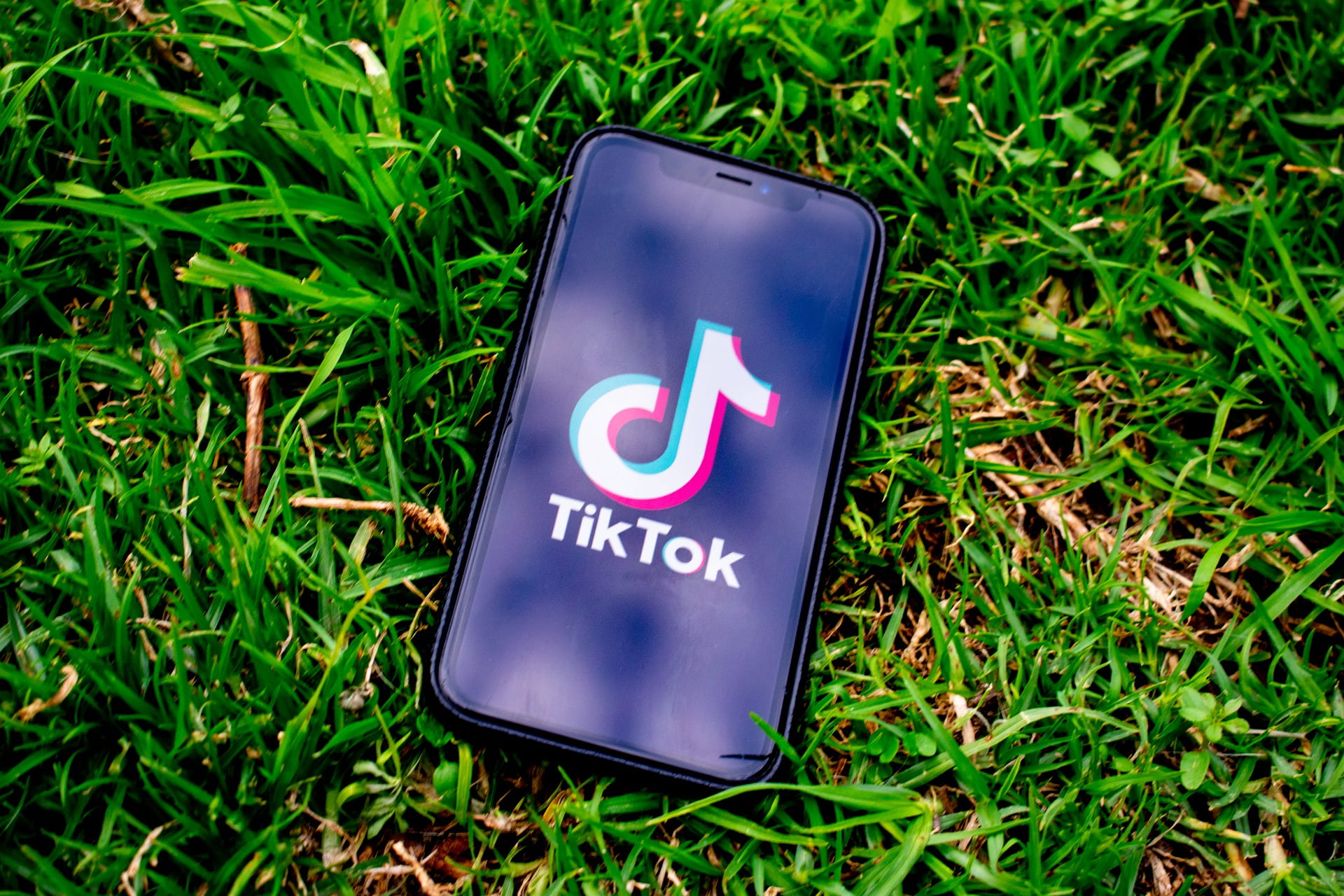Feb 24, 2021 | video
 YouTube has announced expanded parental controls f or tweens and teens. The upcoming feature is aimed at those who’ve perhaps outgrown the confines of YouTube Kids . YouTube will open a public beta for the supervised accounts feature in the coming months.
YouTube has announced expanded parental controls f or tweens and teens. The upcoming feature is aimed at those who’ve perhaps outgrown the confines of YouTube Kids . YouTube will open a public beta for the supervised accounts feature in the coming months.
Source: YouTube will expand parental controls for tweens and teens
Feb 20, 2021 | algo, trends
 Alphabet Inc.’s Google fired staff scientist Margaret Mitchell on Friday, they both said, a move that fanned company divisions on academic freedom and diversity that were on display since its December dismissal of AI ethics researcher Timnit Gebru.
Alphabet Inc.’s Google fired staff scientist Margaret Mitchell on Friday, they both said, a move that fanned company divisions on academic freedom and diversity that were on display since its December dismissal of AI ethics researcher Timnit Gebru.
Source: Google Fires 2nd AI Ethics Leader as Dispute Over Research, Diversity Grows
Feb 19, 2021 | audio, mobile, networking, trends, video

We’ve seen before that big leaps forward in technology can bring down industry titans, like the cellphone pioneer Nokia. But boy, it sure feels like the tech giants today are so entrenched, so good at what they do — and, perhaps, skilled at tilting the game to their advantage — that they simply can’t be beaten. It would be better for all of us if Big Tech wasn’t an absolute and invulnerable force. I’ll see the wobbles of TikTok’s clones as a sign that it’s still possible for Big Tech to fail.
Source: Why we want tech copycats to fail
Feb 18, 2021 | mobile, networking, trends
 Top lobbying groups backed by Amazon, Facebook, Google and other technology giants sued Maryland on Thursday, seeking to scuttle a new state tax on their massive online-advertising revenue — and stop other local governments from following its lead.
Top lobbying groups backed by Amazon, Facebook, Google and other technology giants sued Maryland on Thursday, seeking to scuttle a new state tax on their massive online-advertising revenue — and stop other local governments from following its lead.
Source: Silicon Valley-backed groups sue Maryland to kill country’s first-ever online advertising tax
Feb 17, 2021 | audio, networking, trends, video
 Content from abroad is boosting its share of the American entertainment diet, thanks in large part to streaming, the pandemic and the creator economy . Why it matters: “As ‘American exceptionalism’ has become less of a truth geopolitically, the same goes for entertainment,” says Brad Grossman, founder and CEO of ZEITGUIDE.
Content from abroad is boosting its share of the American entertainment diet, thanks in large part to streaming, the pandemic and the creator economy . Why it matters: “As ‘American exceptionalism’ has become less of a truth geopolitically, the same goes for entertainment,” says Brad Grossman, founder and CEO of ZEITGUIDE.
Source: Americans are consuming more foreign content than ever
Feb 15, 2021 | games & graphics, networking, trends
 The future of virtual reality is far more than just video games. Silicon Valley sees the creation of virtual worlds as the ultimate free-market solution to a political problem. In a world of increasing wealth inequality, environmental disaster, and political instability, why not sell everyone a device that whisks them away to a virtual world free of pain and suffering?
The future of virtual reality is far more than just video games. Silicon Valley sees the creation of virtual worlds as the ultimate free-market solution to a political problem. In a world of increasing wealth inequality, environmental disaster, and political instability, why not sell everyone a device that whisks them away to a virtual world free of pain and suffering?
Source: Billionaires See VR as a Way to Avoid Radical Social Change
Feb 13, 2021 | games & graphics
 Pigs can play video games, scientists have found, after putting four fun-loving swine to the test. Four pigs – Hamlet, Omelette, Ebony and Ivory – were trained to use an arcade-style joystick to steer an on-screen cursor into walls.
Pigs can play video games, scientists have found, after putting four fun-loving swine to the test. Four pigs – Hamlet, Omelette, Ebony and Ivory – were trained to use an arcade-style joystick to steer an on-screen cursor into walls.
Source: Pigs Taught to Play Video Game With Snouts
Feb 12, 2021 | networking, trends
 The “most controversial issue by far,” Darmé told me, was how powerful the board should be. “People outside the company wanted the board to have as much authority as possible, to tie Facebook’s hands,” she said. Some wanted it to write all of the company’s policies. (“We actually tested that in simulation,” Darmé said. “People never actually wrote a policy.”) On the other hand, many employees wondered whether the board would make a decision that killed Facebook.
The “most controversial issue by far,” Darmé told me, was how powerful the board should be. “People outside the company wanted the board to have as much authority as possible, to tie Facebook’s hands,” she said. Some wanted it to write all of the company’s policies. (“We actually tested that in simulation,” Darmé said. “People never actually wrote a policy.”) On the other hand, many employees wondered whether the board would make a decision that killed Facebook.
Source: Inside the Making of Facebook’s Supreme Court
Feb 12, 2021 | mobile, networking
 With dozens of apps competing for users’ attention, TikTok is the latest front-runner in the war to keep people scrolling. The Chinese-owned video app is the fastest-growing social media platform of all time, with roughly 80 million monthly active users.
With dozens of apps competing for users’ attention, TikTok is the latest front-runner in the war to keep people scrolling. The Chinese-owned video app is the fastest-growing social media platform of all time, with roughly 80 million monthly active users.
Source: Breaking Down the TikTok Playbook to Take on Instagram (and Everyone Else)
Feb 6, 2021 | algo, networking
 Some fresh ideas for how to stop social media algorithms from damaging society by amplifying lies and fringe ideas.
Some fresh ideas for how to stop social media algorithms from damaging society by amplifying lies and fringe ideas.
Source: From the election lie to GameStop: How to stop social media algorithms from hurting us
Feb 6, 2021 | networking, trends
 Disillusioned after Biden was sworn in, conspiracy theorists could now be swayed back to reality by conservatives and family members—or toward darker fringes.
Disillusioned after Biden was sworn in, conspiracy theorists could now be swayed back to reality by conservatives and family members—or toward darker fringes.
Source: Sad QAnon Followers Are at a Precarious Pivot Point
Feb 5, 2021 | audio
 The new model will be a big shift for SoundCloud, which currently utilizes a “pro-rata” model, the same method used by all major streaming services, pooling subscriber revenue and doling out earnings to the artists who brought in the most streams, directing most of the revenue to the world’s biggest acts.
The new model will be a big shift for SoundCloud, which currently utilizes a “pro-rata” model, the same method used by all major streaming services, pooling subscriber revenue and doling out earnings to the artists who brought in the most streams, directing most of the revenue to the world’s biggest acts.
Source: SoundCloud to Let Fans Pay Artists Directly: Exclusive
Feb 5, 2021 | mobile, networking, trends
 A new bill directly targets the most egregious excesses of online platform immunity.
A new bill directly targets the most egregious excesses of online platform immunity.
Source: Finally, an Interesting Proposal for Section 230 Reform
Feb 5, 2021 | networking

Every day, 187 million people open Twitter for news, entertainment, and a social connection. It is the real-time global communications network that sci-fi novelists envisioned. It is also a catalyst for conspiracy theories, a forum for hate speech, and a surprisingly lousy business.
Source: Overhauling Twitter | No Mercy / No Malice
Feb 3, 2021 | algo, trends
 Google Chrome is ditching third-party cookies for good. If all goes according to plan, then future updates to the world’s most popular web browser will rewrite the rules of online advertising and make it far harder to track the web activity of billions of people.
Google Chrome is ditching third-party cookies for good. If all goes according to plan, then future updates to the world’s most popular web browser will rewrite the rules of online advertising and make it far harder to track the web activity of billions of people.
Source: The Chrome Update Is Bad for Advertisers but Good for Google
Feb 1, 2021 | algo, mobile, networking, trends
 Some Facebook and Instagram users who open up the social media apps on their iPhones will get a new message on Monday about targeted advertising: Namely, targeting advertising is not as bad as Apple makes it out to be. Support our journalism.
Some Facebook and Instagram users who open up the social media apps on their iPhones will get a new message on Monday about targeted advertising: Namely, targeting advertising is not as bad as Apple makes it out to be. Support our journalism.
Source: On iPhones, Facebook and Apple begin a war of pop-up messages
Jan 31, 2021 | algo, networking, video
 An online tool targets only a small slice of what’s out there, but may open some eyes to how widely artificial intelligence research fed on personal images.
An online tool targets only a small slice of what’s out there, but may open some eyes to how widely artificial intelligence research fed on personal images.
Source: Here’s a Way to Learn if Facial Recognition Systems Used Your Photos
Jan 30, 2021 | games & graphics, trends
 League of Legends teams in the U.S. lag behind their competitors in Asia, so they recruit the world’s best players by offering huge salaries. Hu Shuo-Chieh, known as SwordArt, is a star among players of the League of Legends video game.
League of Legends teams in the U.S. lag behind their competitors in Asia, so they recruit the world’s best players by offering huge salaries. Hu Shuo-Chieh, known as SwordArt, is a star among players of the League of Legends video game.
Source: They’re Flocking to America to Make a Fortune Playing Video Games
Jan 30, 2021 | algo, audio, trends
 Krishna P. Miyapuram From Journey’s “ Don’t Stop Believin’ ” to Queen’s “ Bohemian Rhapsody ” to Kylie Minogue’s “ Can’t Get You Out Of My Head ,” there are some songs that manage to successfully worm their way down our ear canals and take up residence in our brains.
Krishna P. Miyapuram From Journey’s “ Don’t Stop Believin’ ” to Queen’s “ Bohemian Rhapsody ” to Kylie Minogue’s “ Can’t Get You Out Of My Head ,” there are some songs that manage to successfully worm their way down our ear canals and take up residence in our brains.
Source: New A.I. can identify the song you’re listening to by reading your brain waves
Jan 30, 2021 | algo, networking, trends
 It’s no secret that the US is struggling to distribute coronavirus vaccines; some states haven’t received enough doses, and finding an appointment on sign-up websites has been a chaotic experience.
It’s no secret that the US is struggling to distribute coronavirus vaccines; some states haven’t received enough doses, and finding an appointment on sign-up websites has been a chaotic experience.
Source: Go read this story about how bad software helped slow coronavirus vaccine distribution
YouTube has announced expanded parental controls f or tweens and teens. The upcoming feature is aimed at those who’ve perhaps outgrown the confines of YouTube Kids . YouTube will open a public beta for the supervised accounts feature in the coming months.
 Alphabet Inc.’s Google fired staff scientist Margaret Mitchell on Friday, they both said, a move that fanned company divisions on academic freedom and diversity that were on display since its December dismissal of AI ethics researcher Timnit Gebru.
Alphabet Inc.’s Google fired staff scientist Margaret Mitchell on Friday, they both said, a move that fanned company divisions on academic freedom and diversity that were on display since its December dismissal of AI ethics researcher Timnit Gebru.
 Top lobbying groups backed by Amazon, Facebook, Google and other technology giants sued Maryland on Thursday, seeking to scuttle a new state tax on their massive online-advertising revenue — and stop other local governments from following its lead.
Top lobbying groups backed by Amazon, Facebook, Google and other technology giants sued Maryland on Thursday, seeking to scuttle a new state tax on their massive online-advertising revenue — and stop other local governments from following its lead. Content from abroad is boosting its share of the American entertainment diet, thanks in large part to streaming, the pandemic and the creator economy . Why it matters: “As ‘American exceptionalism’ has become less of a truth geopolitically, the same goes for entertainment,” says Brad Grossman, founder and CEO of ZEITGUIDE.
Content from abroad is boosting its share of the American entertainment diet, thanks in large part to streaming, the pandemic and the creator economy . Why it matters: “As ‘American exceptionalism’ has become less of a truth geopolitically, the same goes for entertainment,” says Brad Grossman, founder and CEO of ZEITGUIDE. The future of virtual reality is far more than just video games. Silicon Valley sees the creation of virtual worlds as the ultimate free-market solution to a political problem. In a world of increasing wealth inequality, environmental disaster, and political instability, why not sell everyone a device that whisks them away to a virtual world free of pain and suffering?
The future of virtual reality is far more than just video games. Silicon Valley sees the creation of virtual worlds as the ultimate free-market solution to a political problem. In a world of increasing wealth inequality, environmental disaster, and political instability, why not sell everyone a device that whisks them away to a virtual world free of pain and suffering? Pigs can play video games, scientists have found, after putting four fun-loving swine to the test. Four pigs – Hamlet, Omelette, Ebony and Ivory – were trained to use an arcade-style joystick to steer an on-screen cursor into walls.
Pigs can play video games, scientists have found, after putting four fun-loving swine to the test. Four pigs – Hamlet, Omelette, Ebony and Ivory – were trained to use an arcade-style joystick to steer an on-screen cursor into walls. The “most controversial issue by far,” Darmé told me, was how powerful the board should be. “People outside the company wanted the board to have as much authority as possible, to tie Facebook’s hands,” she said. Some wanted it to write all of the company’s policies. (“We actually tested that in simulation,” Darmé said. “People never actually wrote a policy.”) On the other hand, many employees wondered whether the board would make a decision that killed Facebook.
The “most controversial issue by far,” Darmé told me, was how powerful the board should be. “People outside the company wanted the board to have as much authority as possible, to tie Facebook’s hands,” she said. Some wanted it to write all of the company’s policies. (“We actually tested that in simulation,” Darmé said. “People never actually wrote a policy.”) On the other hand, many employees wondered whether the board would make a decision that killed Facebook. With dozens of apps competing for users’ attention, TikTok is the latest front-runner in the war to keep people scrolling. The Chinese-owned video app is the fastest-growing social media platform of all time, with roughly 80 million monthly active users.
With dozens of apps competing for users’ attention, TikTok is the latest front-runner in the war to keep people scrolling. The Chinese-owned video app is the fastest-growing social media platform of all time, with roughly 80 million monthly active users. Some fresh ideas for how to stop social media algorithms from damaging society by amplifying lies and fringe ideas.
Some fresh ideas for how to stop social media algorithms from damaging society by amplifying lies and fringe ideas.  Disillusioned after Biden was sworn in, conspiracy theorists could now be swayed back to reality by conservatives and family members—or toward darker fringes.
Disillusioned after Biden was sworn in, conspiracy theorists could now be swayed back to reality by conservatives and family members—or toward darker fringes. The new model will be a big shift for SoundCloud, which currently utilizes a “pro-rata” model, the same method used by all major streaming services, pooling subscriber revenue and doling out earnings to the artists who brought in the most streams, directing most of the revenue to the world’s biggest acts.
The new model will be a big shift for SoundCloud, which currently utilizes a “pro-rata” model, the same method used by all major streaming services, pooling subscriber revenue and doling out earnings to the artists who brought in the most streams, directing most of the revenue to the world’s biggest acts. A new bill directly targets the most egregious excesses of online platform immunity.
A new bill directly targets the most egregious excesses of online platform immunity.
 Google Chrome is ditching third-party cookies for good. If all goes according to plan, then future updates to the world’s most popular web browser will rewrite the rules of online advertising and make it far harder to track the web activity of billions of people.
Google Chrome is ditching third-party cookies for good. If all goes according to plan, then future updates to the world’s most popular web browser will rewrite the rules of online advertising and make it far harder to track the web activity of billions of people. Some Facebook and Instagram users who open up the social media apps on their iPhones will get a new message on Monday about targeted advertising: Namely, targeting advertising is not as bad as Apple makes it out to be. Support our journalism.
Some Facebook and Instagram users who open up the social media apps on their iPhones will get a new message on Monday about targeted advertising: Namely, targeting advertising is not as bad as Apple makes it out to be. Support our journalism. An online tool targets only a small slice of what’s out there, but may open some eyes to how widely artificial intelligence research fed on personal images.
An online tool targets only a small slice of what’s out there, but may open some eyes to how widely artificial intelligence research fed on personal images. League of Legends teams in the U.S. lag behind their competitors in Asia, so they recruit the world’s best players by offering huge salaries. Hu Shuo-Chieh, known as SwordArt, is a star among players of the League of Legends video game.
League of Legends teams in the U.S. lag behind their competitors in Asia, so they recruit the world’s best players by offering huge salaries. Hu Shuo-Chieh, known as SwordArt, is a star among players of the League of Legends video game. Krishna P. Miyapuram From Journey’s “ Don’t Stop Believin’ ” to Queen’s “ Bohemian Rhapsody ” to Kylie Minogue’s “ Can’t Get You Out Of My Head ,” there are some songs that manage to successfully worm their way down our ear canals and take up residence in our brains.
Krishna P. Miyapuram From Journey’s “ Don’t Stop Believin’ ” to Queen’s “ Bohemian Rhapsody ” to Kylie Minogue’s “ Can’t Get You Out Of My Head ,” there are some songs that manage to successfully worm their way down our ear canals and take up residence in our brains. It’s no secret that the US is struggling to distribute coronavirus vaccines; some states haven’t received enough doses, and finding an appointment on sign-up websites has been a chaotic experience.
It’s no secret that the US is struggling to distribute coronavirus vaccines; some states haven’t received enough doses, and finding an appointment on sign-up websites has been a chaotic experience.